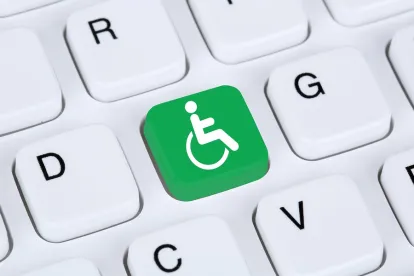As an employer in California, you probably know that the Fair Employment and Housing Act (“FEHA”) requires employers with five or more employees to provide reasonable accommodations for applicants and employees with a physical or mental disability. A reasonable accommodation allows an applicant to have an equal opportunity to be considered for the job and allows an employee to be able to perform the essential functions of the job. A reasonable accommodation is not required if it is an undue hardship to the employer.
The critical, first step in providing a reasonable accommodation is to have a dialogue with an applicant or employee. This dialogue is often referred to as the “interactive process.” Here is what we, as litigators, want employers to know about the interactive process.
Employers must engage in a “timely, good faith” dialogue with an applicant or employee. First, employers should document when a request for reasonable accommodation is received, when the interactive process is initiated, and any discussions between an employer and applicant or employee about the requested accommodation. If there is subsequent litigation over this issue, this documentation may be helpful evidence to prove that the employer “timely” engaged in the interactive process.
Second, it is important that employers document all potential reasonable accommodations identified and considered. Even if a suggested accommodation cannot be provided because it would result in an undue hardship, it is important to show that the employer evaluated the proposed accommodation as part of the interactive process. Evidence of other potential accommodations and the effectiveness of those alternatives can be used to show that the employer acted in “good faith” when engaging in the interactive process.
After providing a reasonable accommodation to an applicant or employee, the employer should confirm that the accommodation is effective. For employees, this may mean periodic or ongoing checks to see if the accommodation is still effective. And employers should document these follow-up inquiries. If an accommodation is not meeting an employee’s needs, the employer and employee should re-open the interactive process dialogue to consider other potential accommodations.
Finally, employers should ensure they are handling accommodation issues as confidentially as possible. While it may be obvious that an employee has been provided certain accommodations, the underlying medical or disability issues, and the work-related limitations, should be kept confidential.
The California Department of Fair Employment and Housing has issued a model packet for documenting the process, including follow-up with an applicant or employee.





 />i
/>i

